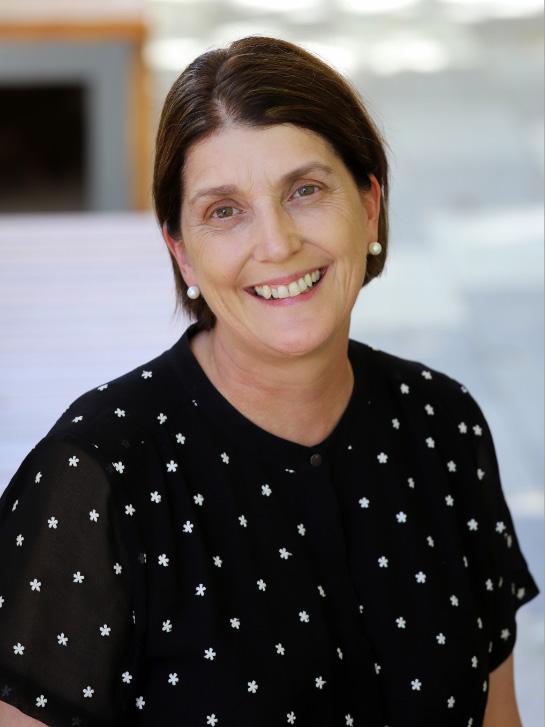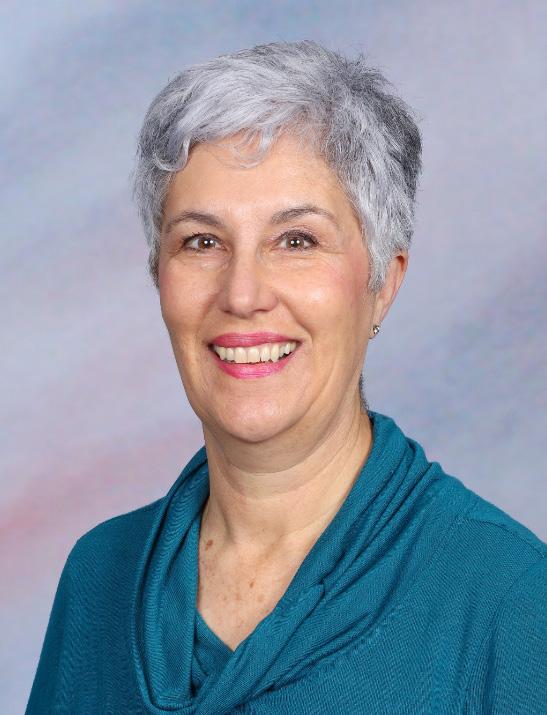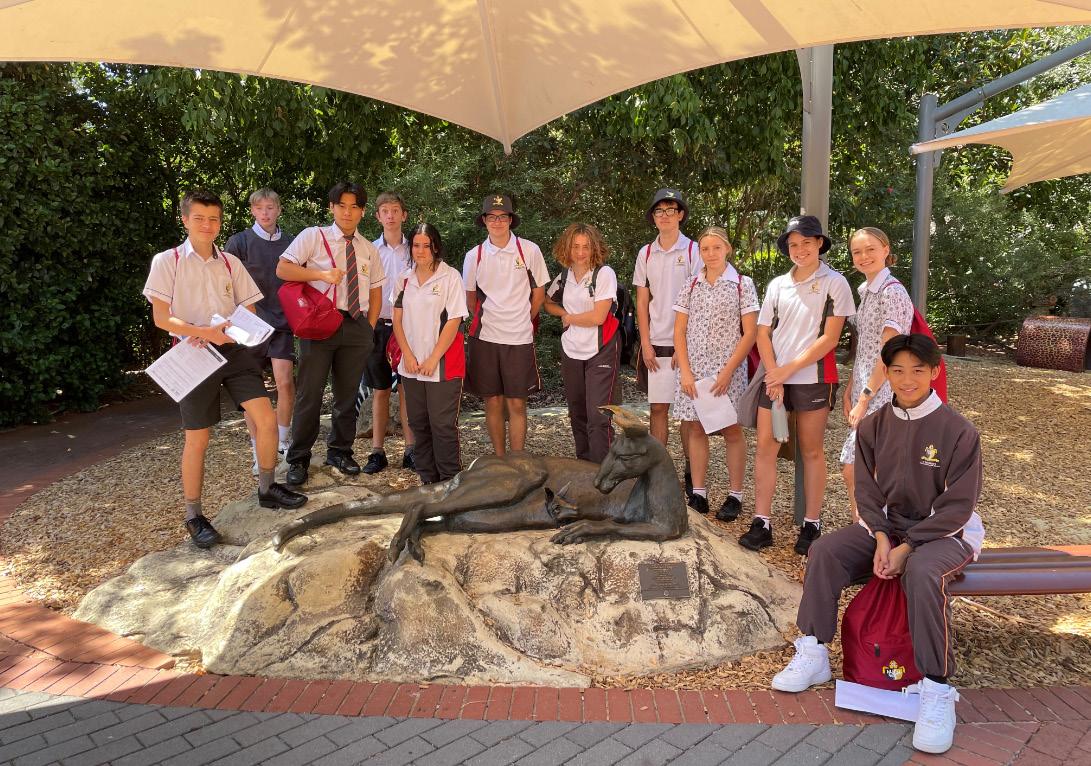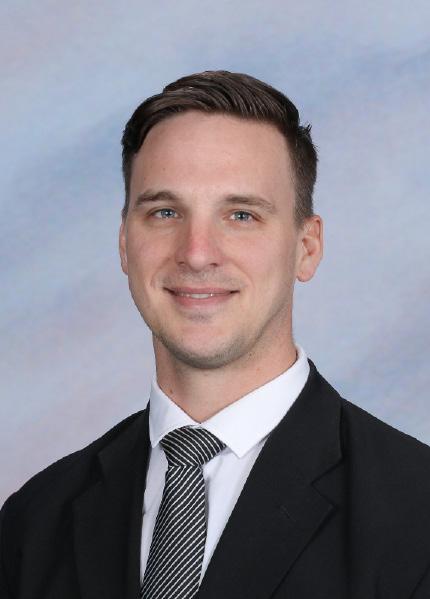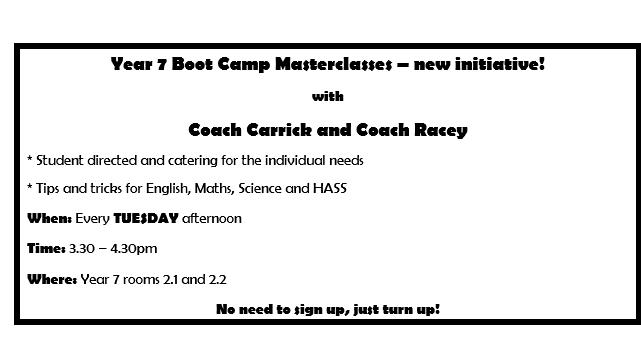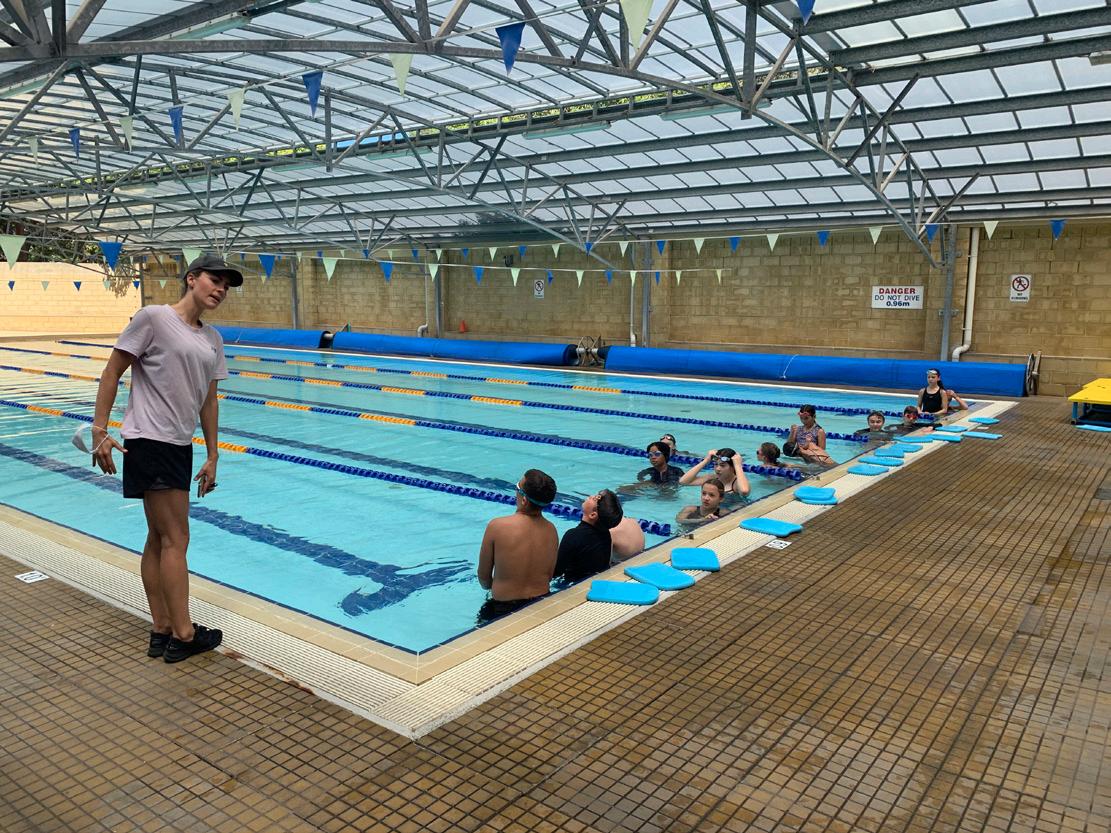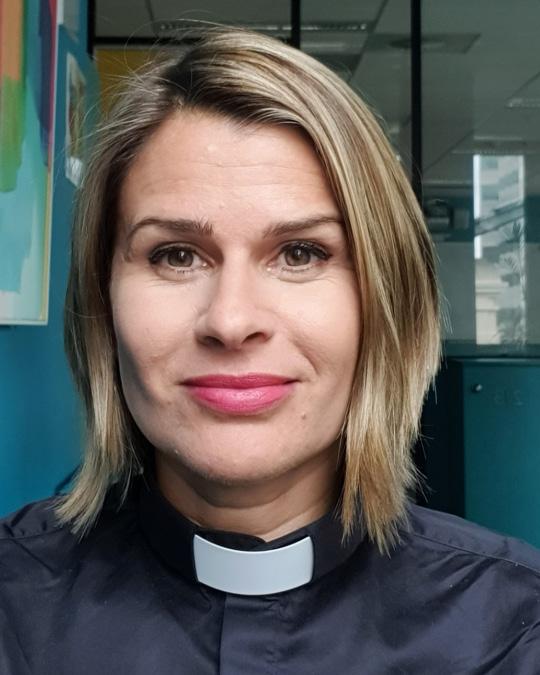
5 minute read
From the Head of Curriculum
Ms Victoria Kelleher
SEQTA The learning management system used by the School is called SEQTA. Parents/ Guardians, along with students, have access to this management system and can track their child’s academic progress as well as comments by teaching staff that have been entered into the system. For parents/guardians it is called SEQTA Engage. Please log into this valuable feedback tool regularly to stay informed of your child’s progress. If you experience trouble logging-on to SEQTA contact the IT help desk at ITsupport@stgeorges.wa.edu.au
Advertisement
Save the Date – Parent Teacher Interviews Family engagement is critical to a child’s academic success. By connecting with your child’s teachers, talking about school matters at home and being involved in school events promotes positive partnerships between home and school can support success at school.
Parents and carers will have an opportunity to meet with their child’s teacher on Thursday 1 April between 1:30 pm and 6:30 pm. Information about how to book appointments will be provided on Thursday 18 March.
Assessment Templates Summative assessments are developed as formal assessment tasks that provide evidence of our student’s mastery of knowledge, skills, and understandings at a point in time. We provide our students with the opportunity to demonstrate their knowledge, skills and understanding through assessments that: • directly relate to the learning intentions or learning outcome • are explicit about what learners are required to do • are time efficient and manageable • include clear and explicit assessment criteria • provide challenge for the full range of learners being assessed • are fair to all students including those with additional needs • are marked based on transparent rubrics • are appropriate to where learners are in their learning
To support a consistent delivery of effective assessment tasks, we have introduced common assessment templates across all learning areas, that are tailored to our students in Year 7 to Year 10 and Year 11 and Year 12. This consistent approach by all teaching staff provides our students with assessments that clearly identify the purpose of the task, what is expected, and how the task will be assessed. In Year 7 to Year 10 General Capabilities to be assessed are highlighted and in Year 11 and Year 12, the Syllabus Criteria to be assessed are provided.
Student Success At the Year 10 Pathway to Success Information Evening, the discussion centred on goal setting along with a positive growth mindset. Any student can achieve success with the right mindset, support and strategy. Research shows that academic success is a result of effective study strategies, support, and a positive mindset. Students who are generally optimistic, tend to perform better in school. Increased optimism leads to improved academic success because optimism serves as a shield, allowing us to see the world in a light that is more conducive to our own mental and physical wellbeing. According to Daniel Gilbert, psychologist and author, it all comes back to expectations. When we expect to do well, we push on. When
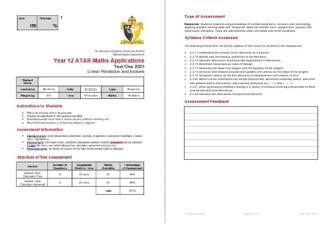
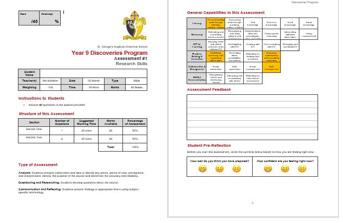
we set our sights lower, we balk at signs of resistance. Cynics set themselves lower goals to begin with and then give up when they find that they are falling short. As everyone’s favourite pessimist, A. A. Milne’s Eeyore, tells Pooh, “We can’t all, and some of us don’t. That’s all there is to it.” Eeyore doesn’t find his tail or his house or much of anything, really; his expectations are so low that the effort doesn’t seem worth it. The negative view is self-fulfilling: you set lower expectations, do less, achieve less, and experience a worseoutcome, which in turn conforms to your initial negative views.
Tigger, on the other hand is the unrelenting optimist, who finds himself eating thistles, stuck in trees, and otherwise caught in all manner of inopportune situations. When we’re overconfident and think we’re in control of situations when we’re not, we may find ourselves overreaching and persisting in hopeless tasks. It’s a fine balance.

With support and guidance, we encourage our students to find that fine balance. To set goals for themselves and to pursue them, without ever giving up. We support them to be in control of situations, to plan and to prepare for tasks and assessments so that they are successful in all of their endeavours.
In this Newsletter, I have the pleasure of featuring another two new staff members whose optimistic approaches to their teaching and learning are certainly more Tigger than Eeyore!
Ms Courtney Fraser
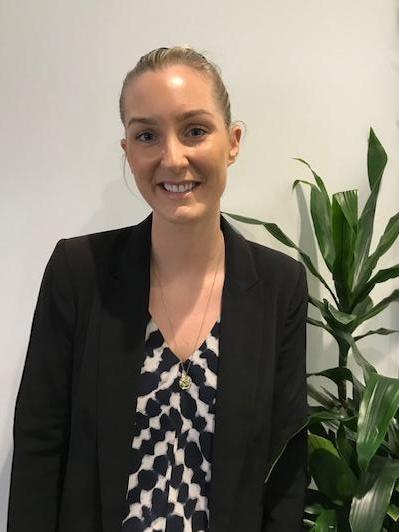
What subject do you teach? Humanities specialising in Business and Economics.
How long have you been teaching? This is my third year.
What made you become a teacher? I wanted to interact with the future generations – they are the generations who I believe will make this world a much better place.
What is the best thing about teaching? How much my students make me laugh and simply the fact that I cannot believe I get paid to do something I love so much.
What are you excited about for 2021? Getting to know all the students and staff at St George’s Anglian Grammar School!
Ms Taryn Sephton
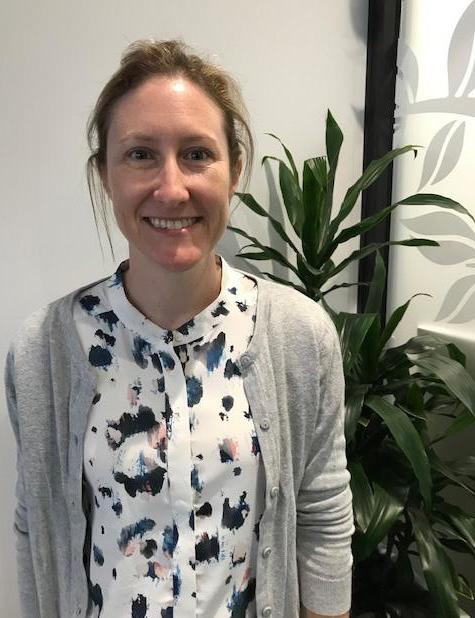
What subjects do you teach? My teaching area is Humanities, Years 7 – 12, with a specialisation in Geography.
How long have you been teaching? My first full time teaching role was in 2007. Since then, I have worked in a few schools, in a variety of roles, across both the government and independent sectors.
What made you become a teacher? I enjoyed my time in high-school and was taught by excellent teachers who engaged their students. In becoming a teacher, I wanted to share my love of Geography with my students and encourage them to engage with the world around them by making connections between the ideas and concepts covered in class and current world examples, particularly around sustainability and planning challenges within our changing cities.
What is the best thing about teaching? Schools are enjoyable places to work. The energy brought by our students and the commitment and knowledge of the other staff members keeps you on your toes. There is never a dull day and the profession is constantly evolving, requiring us to reflect, adapt and grow.

